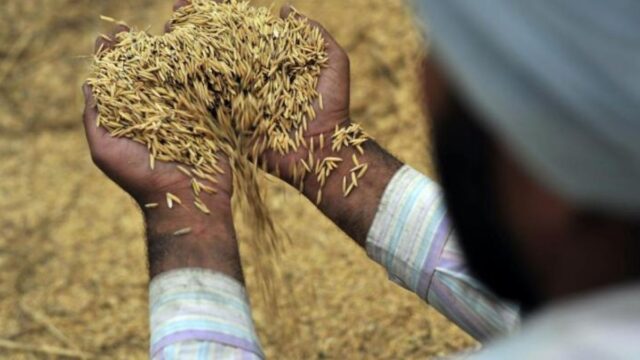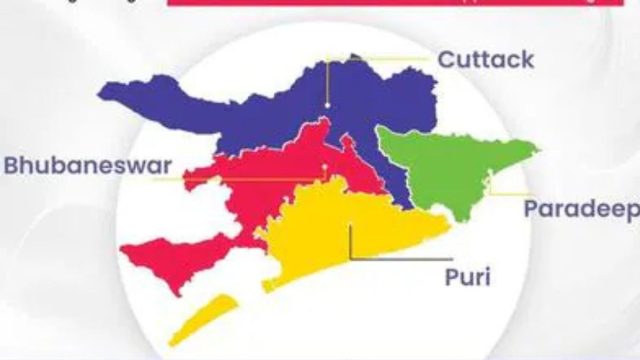The Farm Bill consists of three bills that are Farmer’s Produce Trade and Commerce Bill, Farmers Agreement on Price Assurance and Farm Services Bill, and Essential Commodities (Amendment) Bill. These bills are passed by the house of the Parliament when they were given an allowance by the President of India on September 27, 2020. The aim of the government to pass this Act was with a strategy to reform the agriculture sector and bring better benefits to the farmers in terms of getting them good deals for their produce. Now we will tell you the benefits (pros), cons(not beneficial) and challenges of this Farm Bill 2020.
1. The pros of the Farm Bill to farmers

a) The farmers will have a vast territory and an alternate channel through which they can sell their produces by creating a competitive market favourable as per them. There will be a corresponding market ecosystem for the farmers. As earlier they could only make deals through the NAM system.
b) Farmers can’t bound to pay commissions to commission agents at their stall to sell their crops. The farmers are having a free and more flexible system.
c) According to an amendment to the Essential Commodities Act, the main goal of this act is to remove the insecurities of the farmers and at present, the traders purchasing from farmers should consider that stocks are excess, they hold stocks and prices are penalized. Such things can avoid losses for the farmers.
d) As per the bill, the minimum support price remains the same and the government procurement will continue.
e) The APMC system has led to rising of a cartel led by traders. Though there is an unfair market and it pays farmers only the minimum support price for their produces.
2. The cons (disadvantage) of the Farm Bill 2020

a) The Act is against India’s soul of cooperative federalism and also encroaches upon the functions of the state. The constitution tells that agriculture and markets are consider State subjects, on the other hand, Central Government debates on the topic that trade and commerce in food items is a simultaneous list and constitutional decorum shall be maintained.
b) The State governments no longer can collect the market fee and levy cess and this will mostly add to a loss of revenue to the State Governments.
c) As per this Act, there will be drowning of APMC ( Agriculture Produce Market Committee) which in turn highlights the slow elimination and assured procurement of food grains by the government of MSP.
d) This Act is in need of farmers to sign farm agreements and before the production of crops. Against other terms, the price that needs to be paid should be mentioned in the agreement beforehand. If there are variations in prices then the agreement must include a guaranteed price and remove references for additional amounts. All of this will include bonuses and premiums. Due to no mechanism for price fixation, the farmers are not protected against price exploitation. As the corporate houses are a free bird, there are possibilities of exploitation and owing to the unorganized nature of our agro sector. This also might lead farmers to lack resources when they are in need of legal battle with corporates.
e) The Essential Commodities Ordinance have eliminated cereals, pulse, oilseeds, edible oils, onion, and potatoes from the essential commodities list. There is a regulation regarding such produce even during the war, famine, extraordinary price rises and natural calamities with only exemptions being exporters and processors. The exporters, processors and traders might hoard produces at lower prices and can release only when the prices will go up and States would have no dominance over the handiness of stocks.
f) As the government assures MSP (minimum support price) and the law mandates this which makes farmers more concerned with MSP.
g) More than 500 farmers union and transport unions are standing in protest against this Farmers Act Bill 2020 along with that are demanding the Government to repeal all three Acts.
3. The challenges to the Farm Bill 2020

a) Farmers have formed a mistrust against the government because the bill was passed without any queries or arguments. As the implementation of this Act creates a challenge to the government.
b) With the restrictions on storage on a few products are repealed now, the imports of such products can increase. If this happens then this can also create a huge challenge for the government to protect domestic farmers from such imports.

![The Farm Bill 2020 – pros, cons & challenges [2021]](https://indiashorts.com/wp-content/uploads/2021/06/Untitled-design-31-1.jpg)


